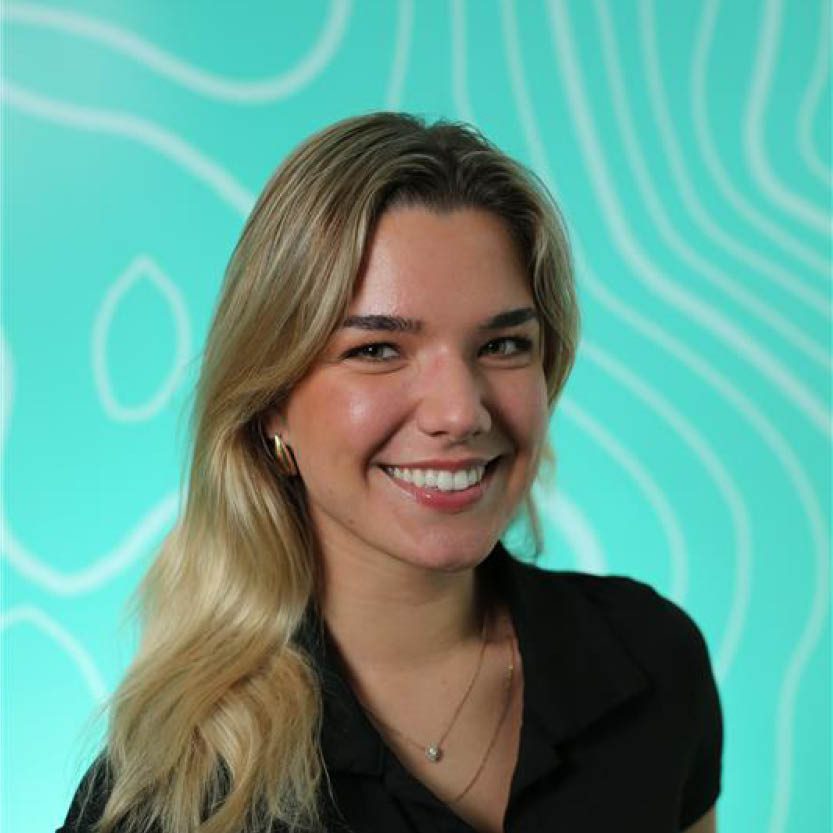
Dija discusses working as a LVIA Specialist. Dija studied Bachelor of Geography and Geosystems at the University of Galway and joined MKO in 2023.
What is LVIA and why does it matter?
For those who might not know, Landscape and Visual Impact Assessment (LVIA) is an increasingly vital discipline in today’s world. It is niche and in demand, and plays a crucial role in shaping sustainable development.Our work ensures that developments are thoughtfully integrated into the environment by evaluating and assessing how it will affect the physical landscape and visual experience of people in an area. It is a rewarding role that blends technical expertise, creativity, and outdoor exploration, all with the goal of shaping sustainable landscapes for the future whilst enabling the critical development required to meet the demands of a progressive modern society.
What do you love about LVIA?
My daily routine can vary greatly. My days can generally be categorised as office days and field days. Office days consist of desk-based assessments and report writing for projects. The types of reports carried out include Appropriate Assessment Screening Reports (AASR), Natura Impact Assessments (NIS), Ecological Impact Assessments (EcIA) or a variety of other report types. Additionally, office days can include the organisation of upcoming site visits or compiling data from completed surveys. During field days, a wide variety of surveys can be carried out depending on the requirements of the projects. Examples of these surveys include mammal surveys, invasive species surveys, wintering bird surveys, marsh fritillary surveys, vegetation surveys and multidisciplinary walkover surveys. Summer is the busiest and, in my opinion, the best time for ecologists, because you are out on site more with plants species easier to identify when in bloom.
Discuss your journey from intern to project level
Looking back, my journey in LVIA has been quite the adventure. When I first started as an intern, I had no idea what LVIA was or why it mattered. Yet from day one, MKO took me under their wing, guiding me through every step of the process. I spent my early days reading through countless guidance documents, trying to understand the why behind what we do. I started small, helping with bits and pieces of projects, before I knew it, I was managing multiple projects, working with clients, collaborating across teams, and mentoring new team members and interns. I have always looked up to the experienced professionals around me. Their passion and expertise has helped me realise I am in the right place to grow my career. Now, as I guide others, I experience the rewarding full-circle moment of transitioning from learner to mentor.
How has MKO supported your professional development?
MKO is an incredible company that truly values its employees and career growth. From day one, they’ve been invested in my development, always asking how they can help me achieve my goals. Regular check-ins and career development meetings have kept me on track, and in just two years, I’ve grown from an intern to project level, mentoring others while continuously learning. MKO prioritises both hands-on experience and academic growth, ensuring that I am continuously improving in my field.
Can you discuss your a typical day working in the Landscape and Visual team?
No two days are the same in LVIA. One day I am in the office, reviewing ongoing projects, checking deadlines, and preparing for meetings. Some mornings are spent in internal team discussions, while others involve client calls to assess the landscape and visual impacts of a project. We analyse key constraints, collaborate with our graphics team, explore best-practice approaches, and determine necessary mitigation measures. Other days I am up early on my way to a beautiful part of the county to conduct site visits and field work.
A significant part of my role involves site analysis. For projects like wind farms, I assess feasibility by reviewing landscape policies, county development plans, and relevant guidelines. GIS mapping plays a crucial role in visually representing landscapes, identifying constraints, and illustrating potential impacts.
The rest of my day is dedicated to writing LVIA reports, detailing visual impacts and recommending mitigation strategies. Staying informed is essential, I regularly attend webinars, review new landscape policies, and explore emerging trends.
What is the best part of working in the LVIA team?
The most exciting days are the ones spent out in the field. Site work starts early as I gather my equipment, maps, and camera gear before hitting the road. LVIA assessments require visiting key sensitive locations, which means I get to explore some of the most breathtaking landscapes in Ireland. One of the perks of this job is that we need good weather for high-quality photomontages, so site visits are often scheduled on clear, sunny days. This means long summer days outdoors, traveling to the most scenic spots in the country, combining work with my love for adventure and sightseeing.
What types of projects are you currently working on?
I am working on a variety of projects, from large-scale wind farms and solar farms to everyday infrastructure developments. Each project brings its own challenges and rewards, making LVIA an exciting and dynamic field to be in. It is rewarding to work on projects that are addressing real world challenges such as the housing crisis or green energy transition, which are all aligned with MKO’s vision: ‘to expand our reach and impact to help solve the defining environmental and societal challenges of our time’
How do you balance your own work with your mentoring responsibilities?
It is challenging, but definitely manageable. The key is effective time management, a skill that’s crucial to learn in college or as an intern. You will juggle your own deadlines while also being responsible for the deadlines of those you’re mentoring. Without solid time management, it can feel overwhelming. I rely on tools like calendars, trackers, and colour coding to stay organised and keep everything on track. With the right systems in place, balancing both is absolutely doable.
What specific skills or experiences from your internship proved most valuable in your current role?
Effective time management was a key takeaway from my internship, helping me juggle multiple tasks and deadlines, something I rely on heavily today. I also gained a solid foundation in GIS, which is central to my work. The internship allowed me to dive in, ask questions, and develop my skills without the pressure of being an expert right away. This hands-on experience has been invaluable as I’ve grown into my role.
What is the best advice you could give to future interns?
The best thing you can do as an intern? Ask questions. Curiosity is key to learning and growing in LVIA. If you don’t know something, say so. No one expects you to know everything, but they do expect you to be eager to learn. A basic understanding of GIS mapping will give you a head start, as it’s a core tool in our work.


